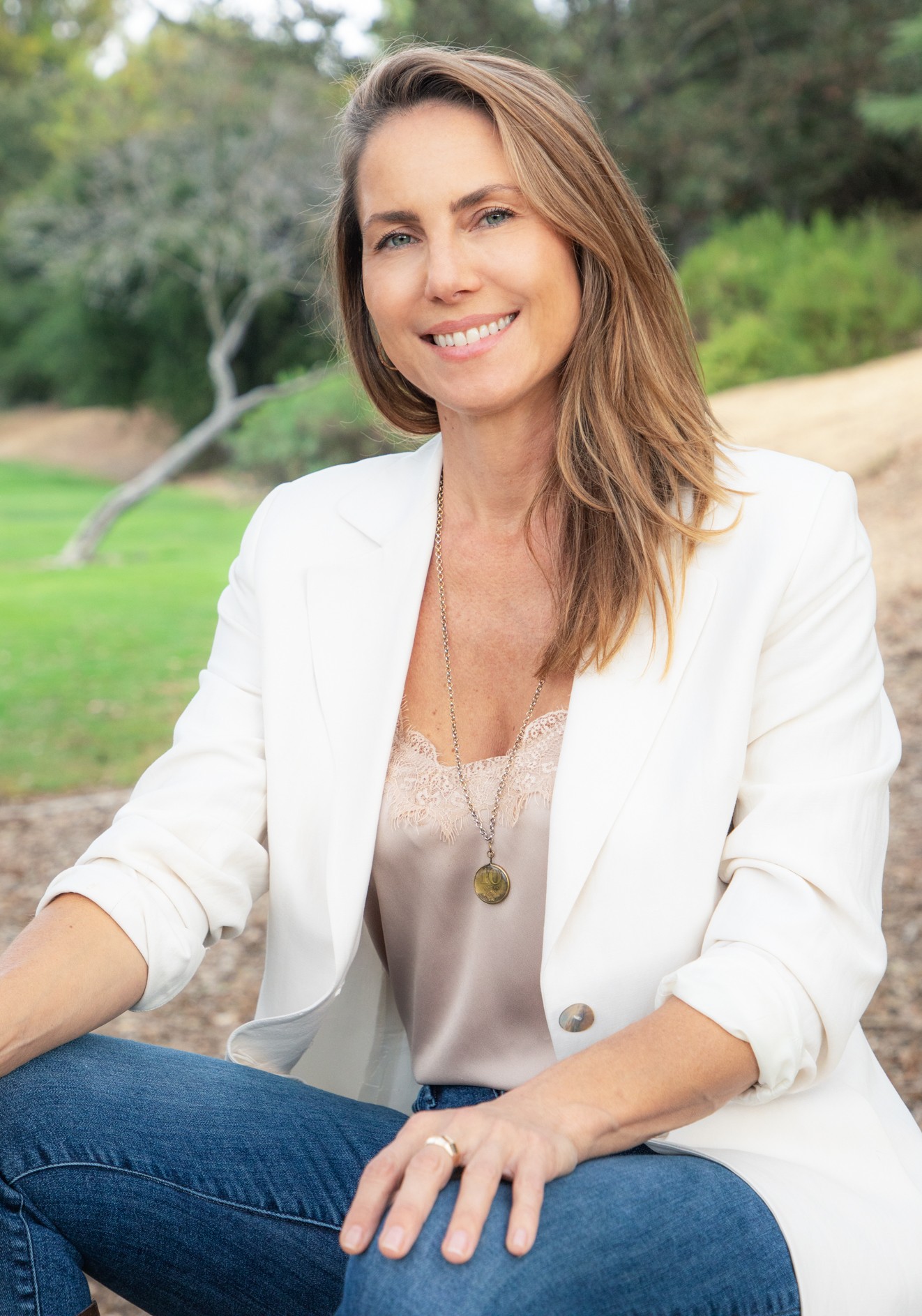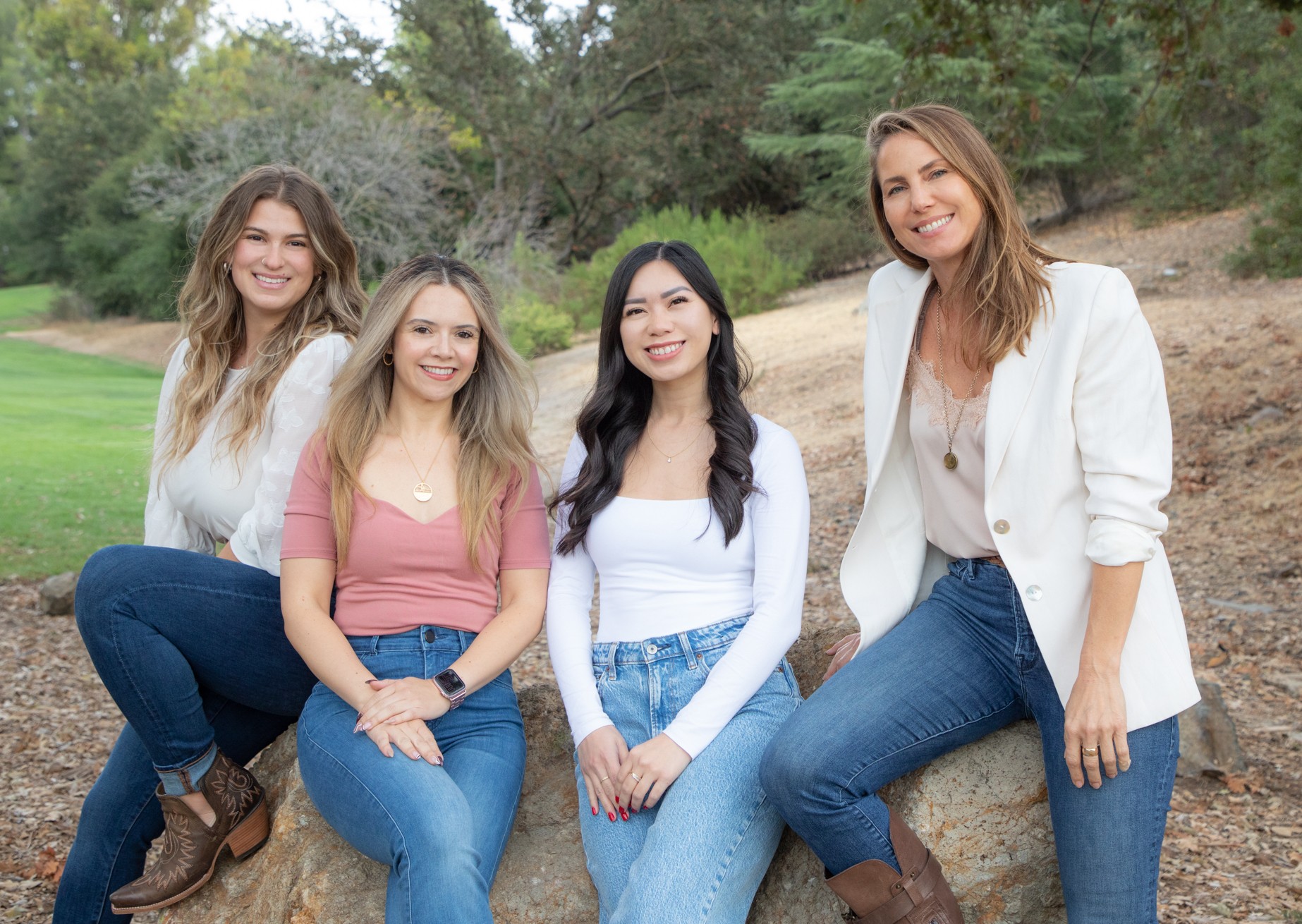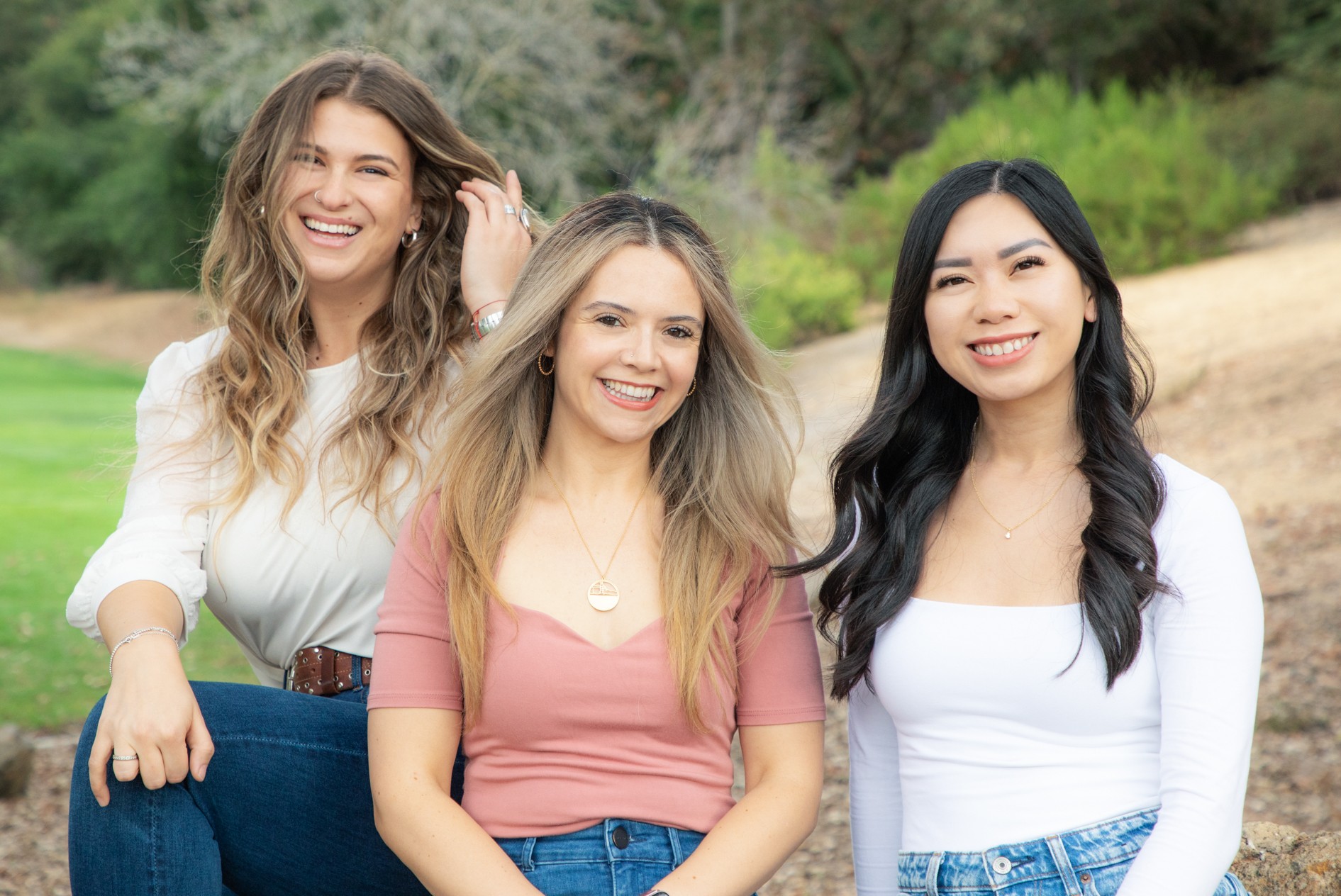

Today we’d like to introduce you to Elizabeth Weiner.
Hi Elizabeth, thanks for joining us today. We’d love for you to start by introducing yourself.
Growing up in Los Angeles, it felt almost inevitable that I’d end up in the entertainment industry. As a young woman, I wasn’t necessarily dreaming of stardom—I just wanted a creative job that paid well and didn’t require a college degree. School never quite clicked for me, and I was too impatient to sit still for long.
In my early twenties, I was living in the Hollywood Hills and carving out a name for myself as a TV and film editor. My days (or rather, nights) were filled with late editing sessions, morning sleep-ins, tanning booth visits, and daily hikes through Runyon Canyon—back when it wasn’t yet the Instagram hotspot it is today. By LA standards, I was doing pretty well. I was making good money, climbing the professional ladder, and checking all the boxes for “success.”
But underneath it all, I was deeply unhappy. Turns out, money and job titles don’t quiet the soul. Shocking, I know.
Fortunately, I was seeing a no-nonsense therapist in West Hollywood—someone who could cut through the fluff with surgical precision. I still remember him looking me straight in the eye and saying, in his wonderfully blunt way, “Girl, this ain’t you.”
He asked me what I’d dreamed about as a child. I told him I used to imagine helping kids like me—kids who grew up in chaos and never felt safe. He didn’t flinch. He just said, “Then go do it.”
It wasn’t exactly a seamless pivot. I had only a handful of junior college credits from Santa Monica College and no roadmap forward. But I jumped in anyway. I enrolled back in school and took an entry-level job as a recreational therapy assistant at a group home for kids in Pasadena. It was the most emotionally and physically demanding work I’d ever done. The children had been through unthinkable trauma, and I often found myself in unpredictable, high-stakes situations. I also battled intense imposter syndrome, especially when sitting across from seasoned professionals in the mental health field.
And yet, I had never felt more alive—or more certain I was on the right path.
There were many twists and turns along the way. I eventually earned a graduate degree, started a family, and lived a few incredible years on the Big Island of Hawaii, full of adventure and self-discovery.
From the start of my clinical career, I knew I wasn’t meant to be a traditional “talk therapist.” I wanted to bring something raw and real into the healing process—to make space for deep trauma work that felt human and honest. I also knew I wanted to build a strong team and reach as many people as possible.
By 2020, business was booming (for reasons we can all imagine), and I had to make a choice: keep turning clients away or expand. So I took the leap and founded Canyon Creek Family Counseling.
I’ll be the first to admit I knew next to nothing about running a business—especially in California, where the challenges are…unique, to say the least. But I embraced the process in a “perfectly imperfect” way, linked up with people who were smarter than me, and learned as I went. And it worked.
Now, our team is thriving, our impact is growing, and I finally feel like I’m hitting my stride—not just as a therapist or a business owner, but as the person I always hoped I’d become.
We all face challenges, but looking back would you describe it as a relatively smooth road?
I was only the second college graduate in my family of Hungarian immigrants. I was raised mostly by my grandparents who were products of WWII and did not really have any formal education. I had the typical 1st gen struggles. I’ve just decided that everything is “figure-outable” 🙂
I tell myself to feel the fear and take the leap anyways
As you know, we’re big fans of you and your work. For our readers who might not be as familiar what can you tell them about what you do?
At Canyon Creek Family Counseling, our mission is to provide high-quality, evidence-based, culturally competent, affirming, and truly accessible mental health care. We take a holistic, team-oriented approach that supports not just individuals, but the entire family system. Healing doesn’t happen in isolation, so we work collaboratively to create a wrap-around support model that reflects the complex realities of people’s lives.
Our practice is deeply integrative—we coordinate closely with registered dietitians and eating disorder physicians, work with psychiatrists to ensure thoughtful medication management, and connect clients with holistic providers for those drawn to more alternative healing modalities. Trauma-informed care is at the heart of what we do, and we don’t believe in a one-size-fits-all approach. Instead, we offer a range of the most effective trauma healing modalities and allow clients to choose what resonates most with them. It’s all about restoring agency and choice.
What are you most proud of?
Personally, I’m incredibly proud of the trauma healing intensives I’ve developed. These are powerful, immersive weekend sessions—about eight hours in total—designed for clients ready to go deep and confront the patterns or past wounds that are holding them back. It’s like peeling back the layers and getting straight to the core. For those who want to keep the momentum going, I offer an optional 6-week coaching package to help integrate the breakthroughs and sustain their growth. The transformation I’ve witnessed in these intensives has been profound.
Another exciting development is our team’s move toward equine therapy certification. As someone who’s found deep healing and grounding through working with animals, I’m passionate about bringing this modality to our clients—especially in a time when so many of us are carrying heavy emotional loads and looking for new ways to reconnect with ourselves and the natural world. Horses have an incredible ability to reflect human emotion and invite authentic presence, and I can’t wait to offer that experience to more people.
What sets us apart?
What truly sets us apart is our authenticity. We don’t just treat symptoms—we build real, trusting relationships and help people reconnect with who they really are beneath the trauma, stress, or societal pressure. My team and I are committed to creating a space that is safe, empowering, and genuinely transformational. This isn’t surface-level work—it’s deep, it’s human, and it’s absolutely worth it.
What sort of changes are you expecting over the next 5-10 years?
Honestly, I think we’re heading into the next evolution of a major mental health crisis—especially when it comes to kids and teens. We’re seeing younger and younger clients coming in with really intense symptoms, and families are stretched thin trying to keep up. The world has changed so much, and our systems haven’t caught up.
I don’t think traditional talk therapy is going to cut it for much longer—not on its own. People are holding so much trauma in their bodies, and no amount of “how does that make you feel?” is going to reach that place. We’ve got to start speaking directly to the nervous system—to the parts of people that don’t have words for what they’ve been through.
I see a big shift coming toward somatic and experiential healing—things like EMDR, Brainspotting, Nature-Based Therapy, and Body-based trauma work. These approaches go deeper, faster, and actually help people feel different, not just think differently. For this reason, we are on a mission to build out our program to offer more of the above.
And I think therapy itself is changing. A lot of people don’t want to sit on a couch for years. They want something immersive, something real. That’s why I love doing intensives—weekends where we go all in, then follow it up with coaching to keep the momentum. People want depth, but they also want to feel like they’re making real progress.
The therapists that will really make a difference in the next 5-10 years are the ones who can show up fully—messy, real, regulated, and deeply human. Clients can feel that. In a world that feels increasingly disconnected, presence is everything.
Pricing:
- Pricing varies by service
- Insurance and sliding scale cash rates may be available and vary by clinician
Contact Info:
- Website: https://www.canyoncreektherapists.com
- Instagram: canyoncreektherapists
- Facebook: Elizabeth Weiner lmft
- Other: CanyonCreekTherapists (TikTok)


Image Credits
Kimberly Delamater














